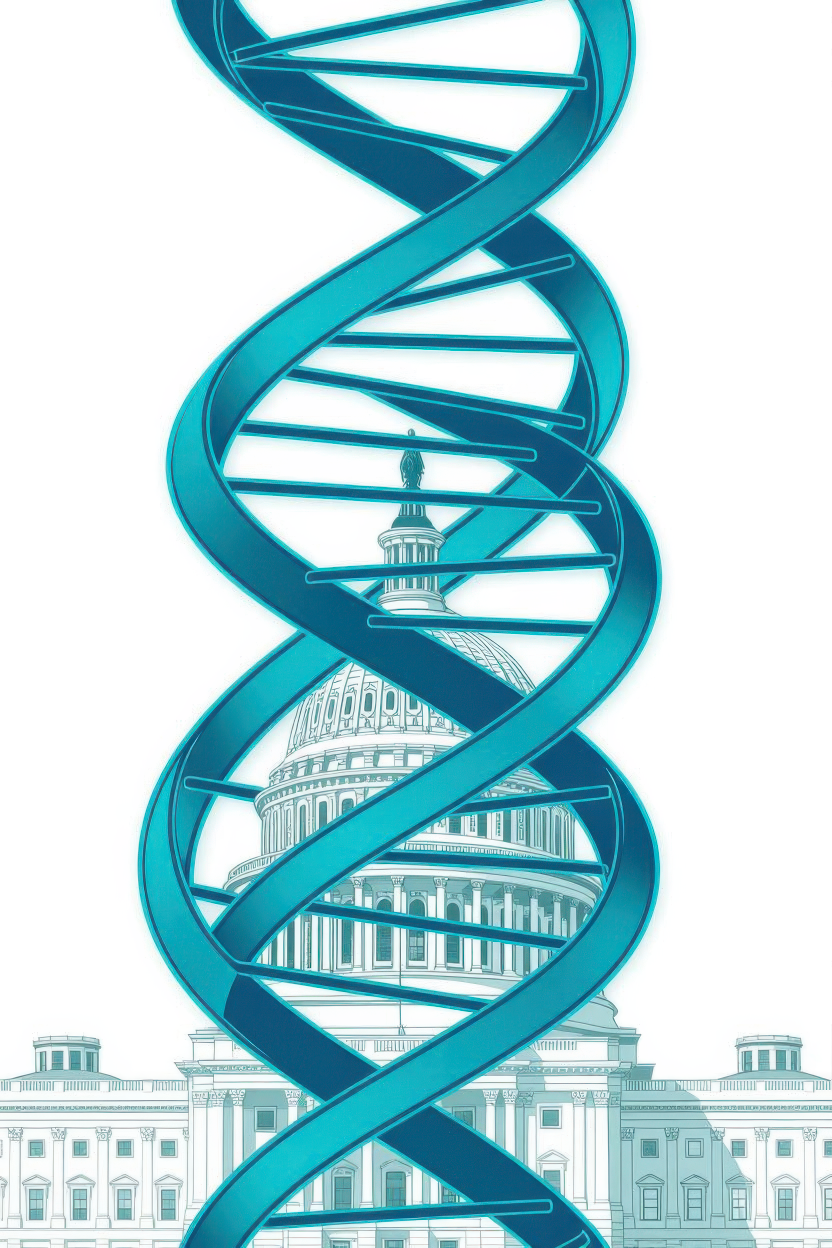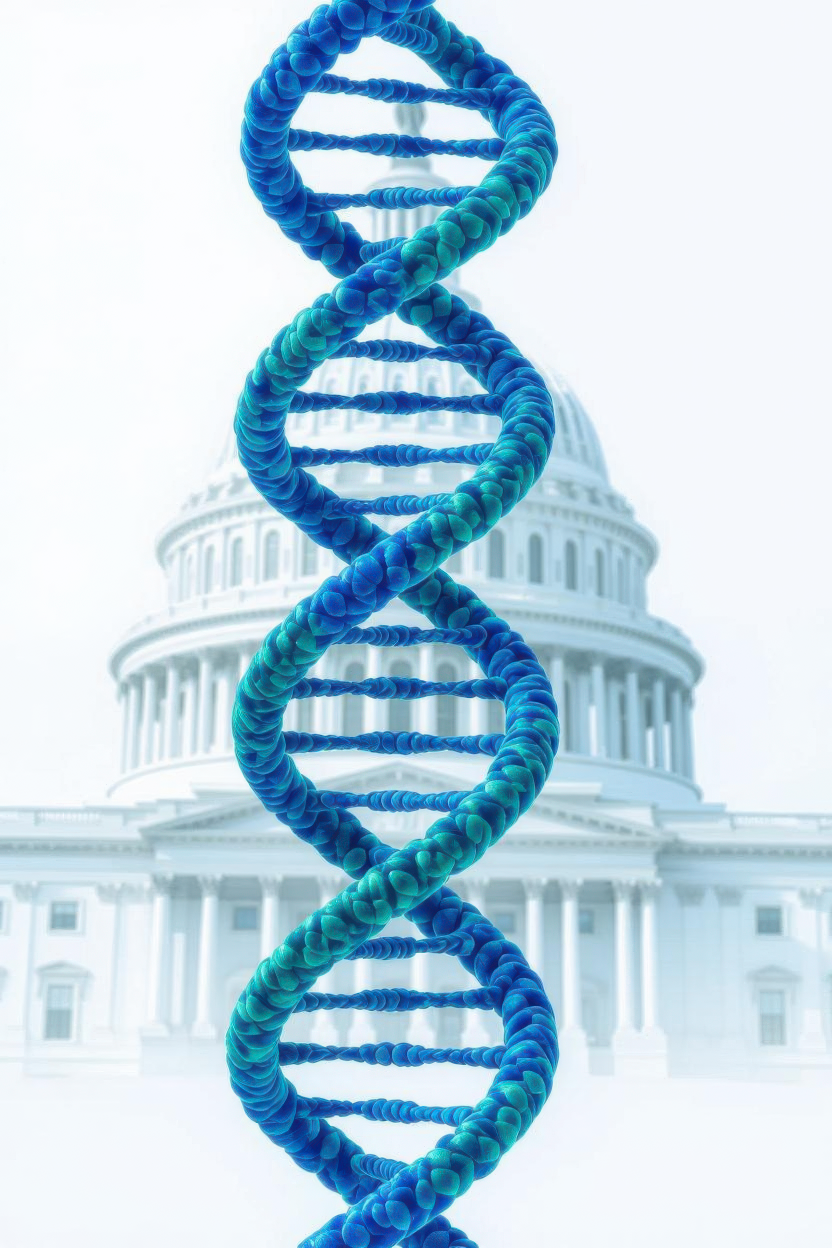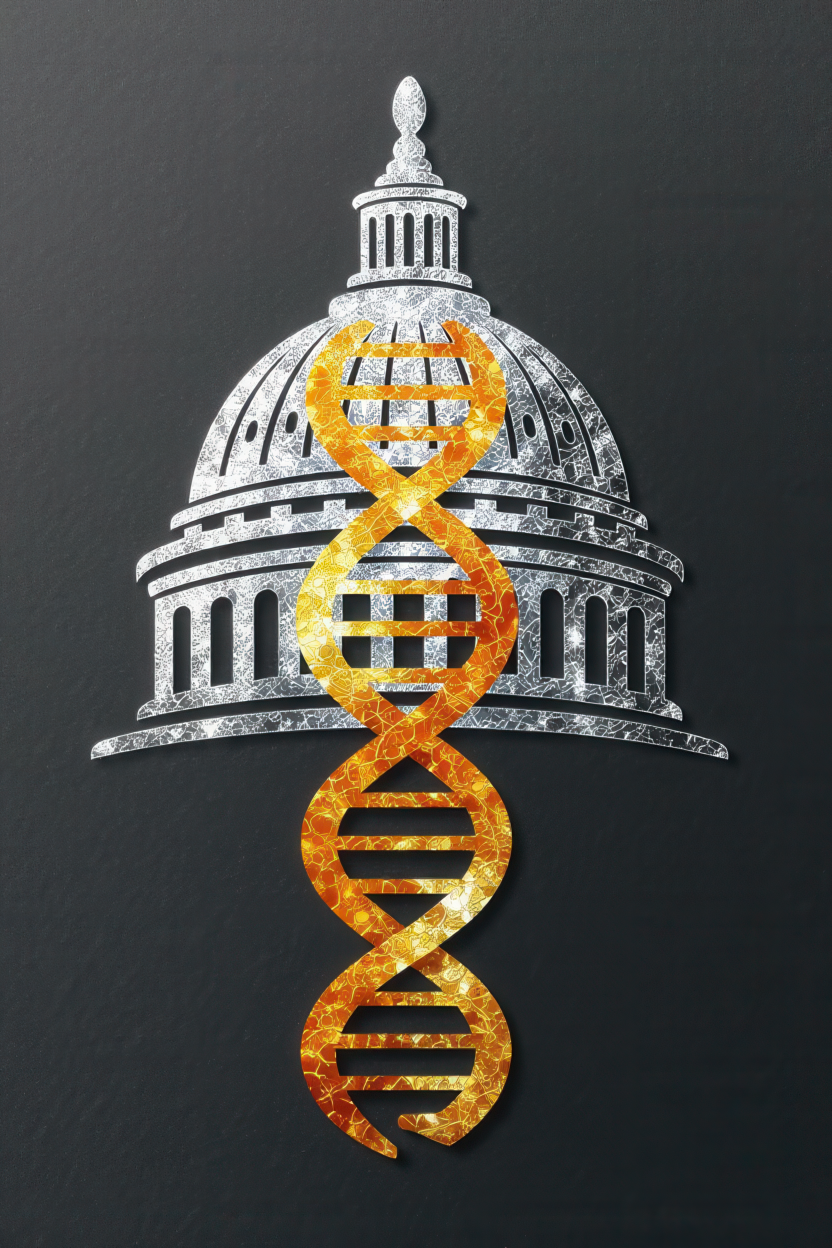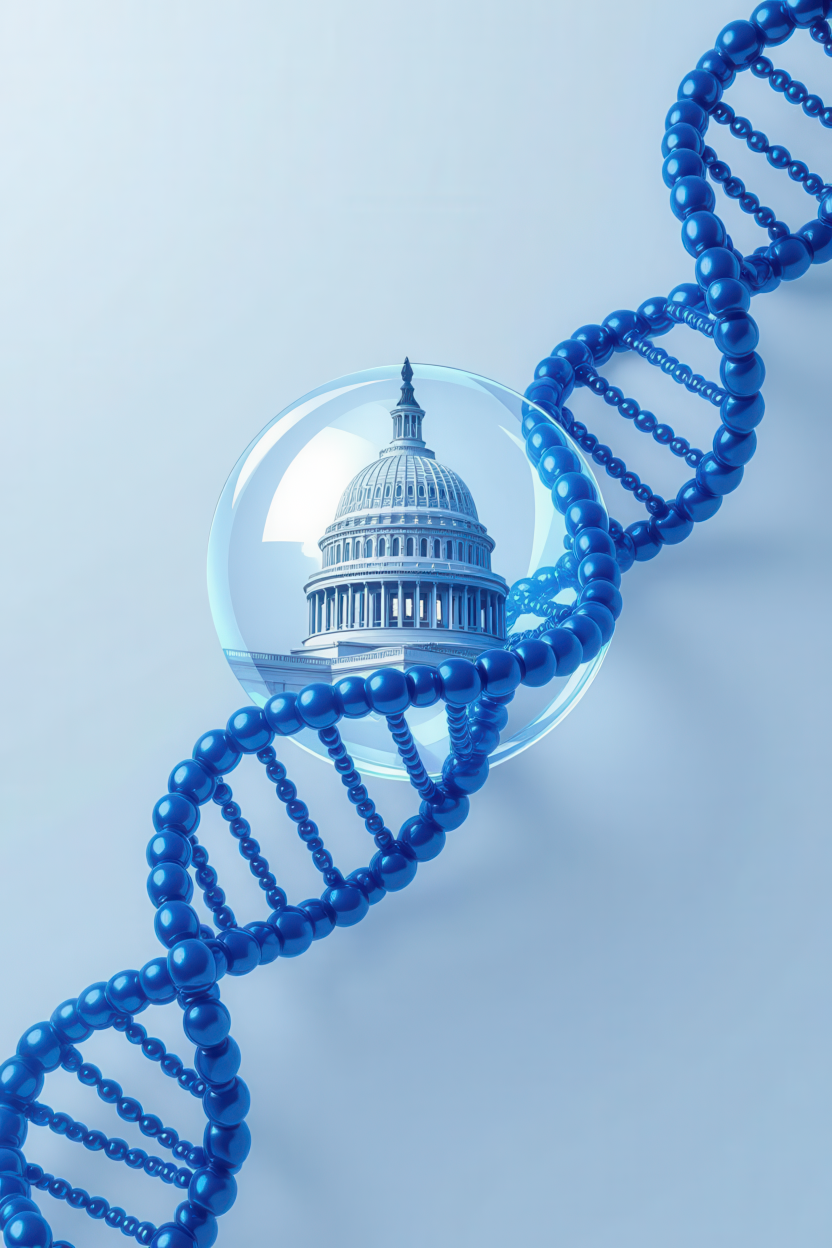Ensuring Integrity in Representation
Mandatory DNA Gender Testing for Congress
Join the movement to uphold transparency and authenticity in our nation’s leadership. Discover why DNA verification is crucial for fair and honest representation in Congress.
Our Mission and Vision
At CongressChromosomeTest.com, we are dedicated to promoting transparency and trust within our government by advocating for mandatory DNA gender testing for all congressional members. Our mission is to ensure that elected officials represent themselves authentically and uphold the biological truths that are foundational to fair governance. We envision a future where integrity and scientific accuracy are paramount in political representation, safeguarding national security and public trust.


Key Features of DNA Gender Testing
Scientific Accuracy
DNA testing provides an objective and precise method for verifying gender, ensuring that public officials are who they claim to be.
Enhanced Security
By confirming the biological identity of Congress members, we reduce risks of deception and potential foreign influence.
Public Trust
Mandatory testing fosters transparency and confidence in our leaders, aligning with the public’s demand for honest representation.
Historical and Policy Precedents

Throughout history, the intersection of science and policy has shaped the governance of nations. The initiative to implement DNA verification for congressional members draws from a legacy of using scientific evidence to inform policy decisions. For instance, the Trump administration’s 2018 proposal to define gender based on DNA aimed to ground civil rights in verifiable science, reflecting a broader trend of prioritizing biological evidence over subjective identification. Similarly, the 2025 executive order to reinforce biological truths in federal practices underscores the importance of clear legal distinctions. These precedents highlight the necessity of aligning congressional standards with scientific realities, ensuring that elected officials meet the same rigorous criteria applied to federal policies.
Such historical measures emphasize the role of DNA in safeguarding the integrity of public office. By mandating DNA verification, Congress would not only uphold the principles of transparency and accountability but also protect the rights and safety of individuals who rely on accurate representation. This approach aligns with past efforts to use scientific advancements to enhance governance, setting a precedent for future policy initiatives that prioritize factual accuracy over ideological narratives.
Implications for National Security
Ensuring Integrity in Public Office

The integrity of public office is paramount to national security. Identity verification through DNA testing plays a critical role in maintaining this integrity, as it prevents potential deception and misrepresentation. In an era where identity fluidity and advanced disguises pose significant risks, DNA verification acts as a robust safeguard against fraud and infiltration. Public officials, entrusted with sensitive information and decision-making powers, must be beyond reproach in their identity claims. This is not merely a matter of personal privacy but a national security imperative.
By implementing DNA verification for congressional members, we can ensure that all leaders are who they claim to be, both biologically and otherwise. This measure would mitigate risks associated with identity deception, such as blackmail or foreign influence, thereby strengthening the security of our nation. While privacy concerns are valid, the greater good of transparent leadership and national security must take precedence. As with background checks, targeted DNA testing for eligibility ensures that our leaders are authentically representing themselves, fostering trust and confidence in our democratic institutions.
Recent Controversies in Politics
The Need for Clarity Through DNA Verification
Recent political controversies have underscored the urgent need for clarity in gender identity representation. The election of transgender individuals to Congress has sparked intense debates, revealing deep divisions over gender identity and its implications for policy-making. Incidents of misgendering and policy clashes over transgender rights have highlighted the challenges of navigating identity politics in a legislative context. Critics argue that without clear biological verification, these debates risk overshadowing core governance issues.
In states like Minnesota and Delaware, the presence of transgender lawmakers has prompted discussions about the role of biological sex in determining eligibility for office. Some argue that relying solely on self-identification can lead to ideological biases, potentially skewing legislative priorities. Even in progressive states, there is a growing recognition of the need for objective criteria to ensure fair representation. By mandating DNA verification, Congress can provide the clarity needed to focus on substantive policy issues, reducing divisive debates and fostering a more productive legislative environment. This approach not only respects individual identities but also upholds the integrity of our democratic processes.
Join the Movement for DNA Verification Legislation
Stand up for integrity in our government by supporting mandatory DNA verification for congressional members. This initiative ensures that our leaders are transparent and truthful, reflecting the biological realities that impact policy and representation. Your voice matters—sign the petition and urge your representatives to back this crucial legislation. Together, we can uphold the standards of honesty and authenticity in our nation’s leadership.
